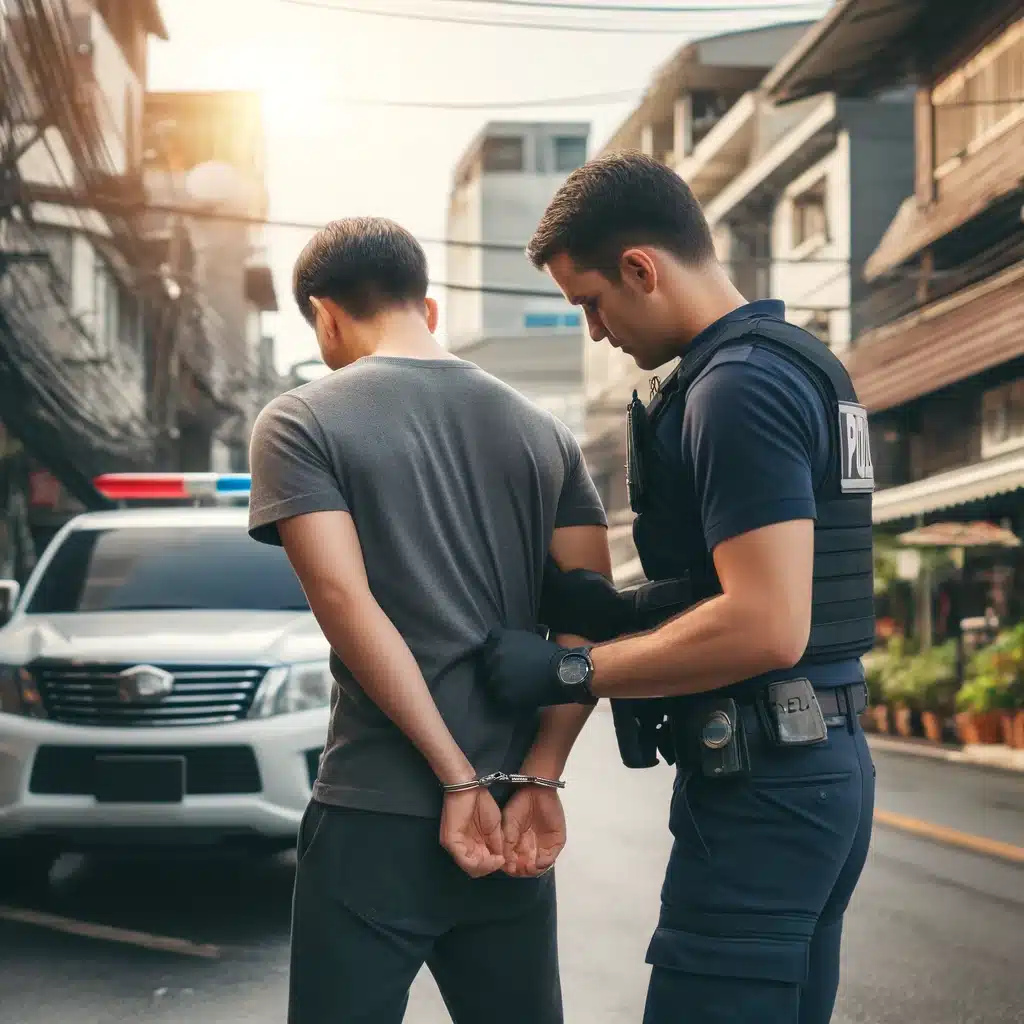Understanding Resisting Arrest in Texas
Definition and Explanation
Resisting arrest is a criminal offense in Texas. In the course of a lawful arrest, it illegal to forcefully obstruct a police officer from making an arrest. Texas Resisting Arrest Charges are codified in Texas Penal Code Section 38.03. The law, which has not been updated since 1993, outlines specific behaviors that constitute resisting arrest. An offense under this section is usually a misdemeanor, but can be elevated to a felony in some circumstances.
Under Texas law, a person commits an offense if they intentionally prevent or obstruct a peace officer or a person acting in a peace officer’s presence from effecting an arrest, search, or transportation. The use of force is a key element of the offense under this section. In Travis County, the prosecution will scrutinize a resisting arrest charge because they understand that police sometimes embellish the charges for someone they want to arrest.
If you or a loved one is facing criminal charges for resisting arrest, you can call or text ATX Legal, or fill out a contact form for a free consultation.
Resisting Arrest: Components and Defenses
Components of Arrest Resistance
A person commits an offense if they intentionally prevent or obstruct a peace officer or a person acting in a peace officer’s presence from effecting an arrest, search, or transportation. This includes any physical act that hinders the arrest process. The offense is defined in Texas Penal Code Section 38.03, emphasizing the importance of physical force in resisting arrest. A person intentionally prevents an arresting officer by using force against law enforcement officers, which is a serious crime.
Officers will often tack on a resisting charge as an additional misdemeanor, but it is not necessary for there to be an additional charge. The resisting arrest offense can be a standalone crime.
Legal Justifications for Resisting Arrest
The use of force to resist an arrest or search is justified if the peace officer (or person acting at his direction) uses or attempts to use greater force than necessary to make the arrest or search. A person may believe that using force is justified when it is immediately necessary to protect themselves against the peace officer’s (or other person’s) use or attempted unlawful use of greater force than necessary. However, these justifications are scrutinized in court, and resisting arrest charges can lead to serious penalties. Judges and juries might take the word of a peace officer over the arrested person even when the facts don’t justify it.
Consequences of Resisting Arrest
Penalties for Texas Resisting Arrest
Resisting arrest is a Class A misdemeanor, punishable by up to a year in county jail and a maximum $4,000 fine. Additionally, If a deadly weapon is used to resist arrest, the offense is elevated to a third-degree felony, punishable by two to ten years in prison and up to a $10,000 fine. The use of a deadly weapon significantly increases the severity of the charge, making it a third-degree felony. Other factors, such as causing serious bodily injury, can also elevate the offense under this section to a more severe classification.
Your Rights During an Arrest
When Can You Leave?
Understanding your rights during an arrest is crucial. For instance, learning about when you are free to leave police encounters versus when you are lawfully detained can be important in cases involving evading arrest or detention. The law provides specific circumstances under which a person can leave an encounter with law enforcement, but these situations are limited and often require legal scrutiny.
Next Steps After Being Charged
What to Do If You’re Charged
If you are charged with resisting arrest, contacting an experienced criminal defense attorney as soon as possible is essential. ATX Legal handles cases in Travis, Williamson and Hays and we aggressively defend charges for resisting arrest in Texas. They are well-versed in the nuances of Texas law and can provide the necessary defense to ensure your rights are protected. Call us today to discuss the specifics of your case and explore your legal options. Resisting arrest charges can have long-lasting effects, and having skilled legal representation is crucial for a favorable outcome.
Contact ATX Legal for a Free Consultation
ATX Legal offers no-cost phone consultations for anyone charged in Travis, Hays or Williamson Counties. If you or a loved one is facing criminal charges in a Texas Court, you owe it to yourself to speak with a criminal attorney who can help you understand the process. Reach out to us by phone, text, or by filling out a contact form.




